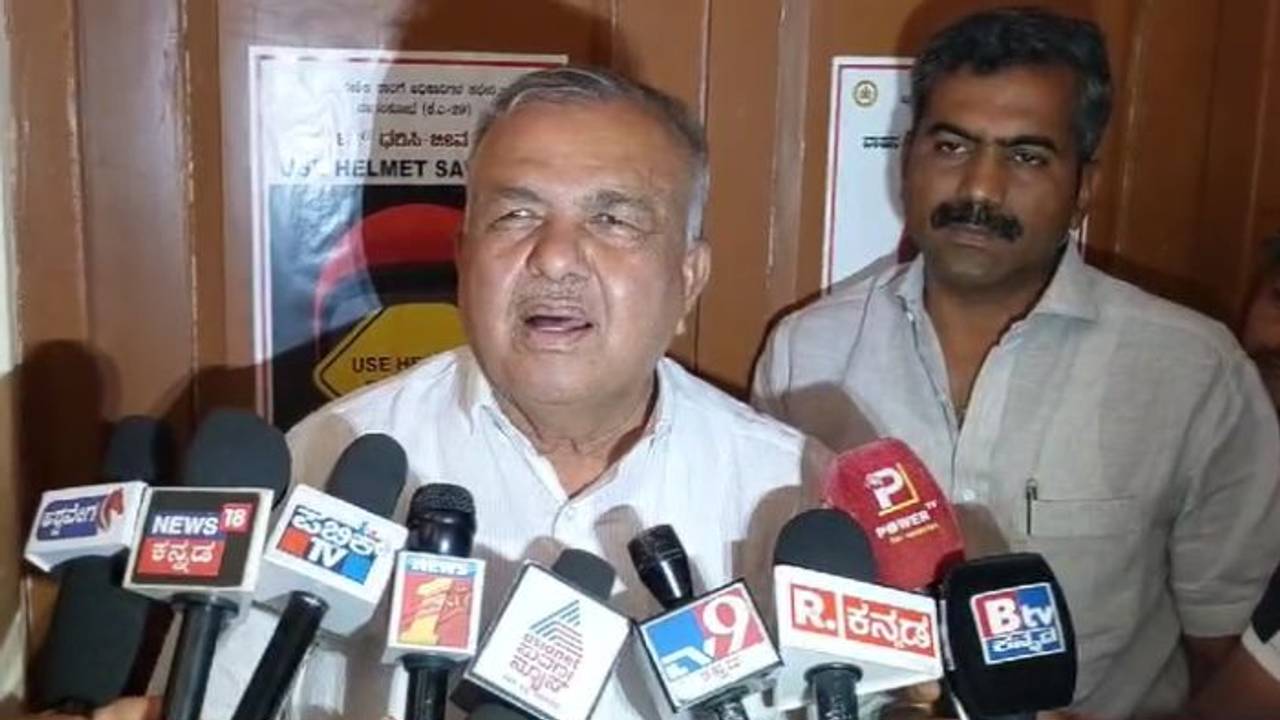Karnataka Transport,Muzrai Minister Ramalinga Reddy announces a ban on all plastics, including water bottles, in state-run temples from August 15. Temple officials will impose fines, and measures for scientific waste management are being implemented.
Bengaluru: Karnataka Transport and Muzrai Minister Ramalinga Reddy has announced a comprehensive ban on all types of plastic, including water bottles, in temples under the state’s Religious Endowments Department, effective August 15. The move aims to curb plastic pollution in sacred spaces and promote eco-friendly practices in religious institutions. Officials of the concerned temples have been instructed to strictly enforce the ban and impose fines on those violating the order. The new regulation, however, does not apply to private temples, which are outside the purview of the state department.
Mandatory Fines For Plastic Use
Responding to questions from BJP’s Bharati Shetty and Congress’ Madhu G Madegowda in the Legislative Council, Minister Reddy stated that temple officials have been directed to ensure strict compliance. Any use of plastic products within the temple premises will be penalised to maintain cleanliness and uphold the sanctity of the religious spaces.
Scientific Waste Management In Temples
To strengthen the initiative, the department has taken measures to maintain cleanliness inside and outside notified temples. In the first phase, a project management unit has been established to scientifically manage solid waste generated in temple lodgings. A team of experts has selected 25 temples under the department and identified suitable locations for solid and liquid waste units to manage disposal effectively.
Temple Funds Reserved For Religious Purposes Only
Minister Reddy clarified that money collected in government-run temples will be strictly used for maintenance, renovation, and basic infrastructure of the respective temples; operation of educational institutions run by temples; and religious purposes. The funds will not be diverted for any other purpose. Currently, District Religious Councils have been formed in seven districts. The remaining 23 districts will see councils formed as soon as proposals are submitted by the respective Deputy Commissioners and approved by the department.
Promoting Kannada In Temple Practices
To make rituals more accessible to the common people, temples like Hiremagaluru Kannan in Chikkamagaluru will be encouraged to recite mantras in Kannada instead of Sanskrit, helping devotees better understand and participate in the ceremonies.
Agama Convocation After 18 Years
After an Agama convocation will be held to distribute certificates to students who have passed the Sarvagama Pravara and Praveena examinations after an 18-year gap. The convocation reflects the government’s effort to preserve traditional learning and promote temple-related education.
